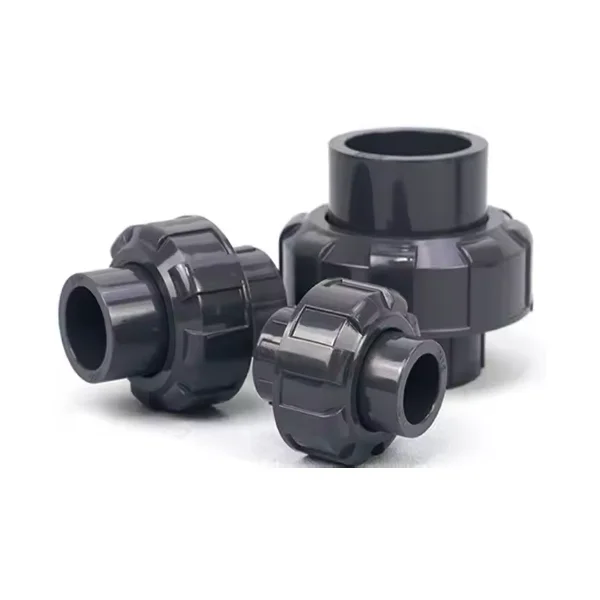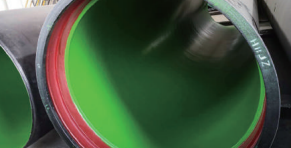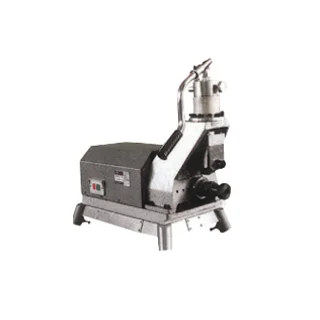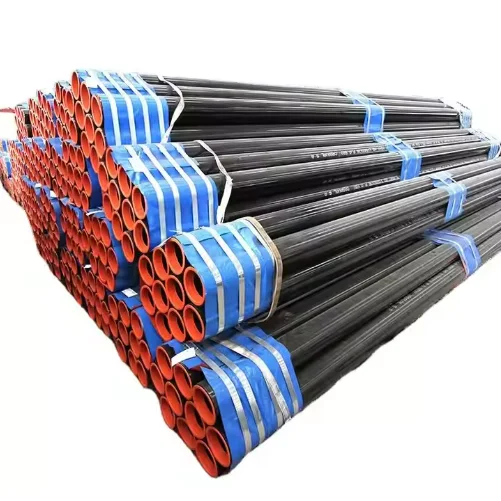Industry News
 16 2026-01
16 2026-01 Why Choose Between UPVC Pipes and HDPE Pipes?
Selecting the right piping material is crucial for long-term performance, cost efficiency, and safety in water supply, drainage, and industrial applications. This article explores the differences between UPVC and HDPE pipes, their key properties, applications, installation methods, and maintenance requirements to help businesses and engineers make informed decisions.
 17 2025-12
17 2025-12 Why Is Ductile Iron Pipe Still the Safe Choice for Long-Life Water Networks?
I’ve helped buyers and contractors compare pipe options when the stakes are high: leakage risk, corrosion exposure, traffic loads, tight schedules, and lifetime cost pressure.
 12 2025-12
12 2025-12 Which Pipeline Installation Machines and Tools Help Me Deliver Faster, Safer, and More Profitable Projects?
When tight schedules collide with unforgiving terrain, I do not gamble on improvised gear—I build a method. Over the past few years I have standardized my field kits around EPOCH solutions and a disciplined planning checklist so every crew member knows exactly what to do and why it matters.
 25 2025-11
25 2025-11 Why do Carbon Steel Pipes keep winning tough industrial projects?
When I am sizing lines for steam, process water, or mid-temperature hydrocarbons, I still find myself shortlisting Carbon Steel Pipes first.

